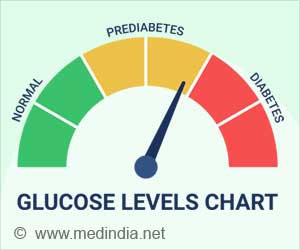Estrogen deficiency triggers disc degeneration in post menopausal women and so hormone therapy could help reducing pain.
Highlights
- Menopause increases risk of back pain and lumbar disc degeneration.
- But, young men were more susceptible to disc degeneration than pre-menopausal women.
- Evidence strongly supports the involvement of estrogen deficiency in disc degeneration, as well as the benefits of hormone therapy.
TOP INSIGHT
Menopause is associated with more severe disc degeneration due to decreasing levels of estrogen and so hormone therapy for such women might reduce back pain and other symptoms.
Menopause - What is it?
Menopause usually occurs between the ages of 40 and 55 and is a natural biological event in a woman's life. However, some woman experience it sooner i.e. before the age of 40 and this is called 'Premature Menopause'.
Symptoms Related to menopause
Some women experience no symptoms, while others experience mild to severe symptoms like hot flashes, night sweating, mood swings and vaginal dryness.
The symptoms of menopause are caused by changes in estrogen and progesterone levels and can last for up to 5-years or more. As the ovaries become less functional, they produce less estrogen/progesterone and the body subsequently reacts.
Do Men Experience Disc Degeneration?
Study results document how men and women fare with regard to disc degeneration, as measured by magnetic resonance imaging, as they age.
Whereas young, age-matched men were more susceptible to disc degeneration than premenopausal women. Postmenopausal women had a significant tendency to develop more severe disc degeneration than age-matched men compared with premenopausal and perimenopausal women.
The most dramatic difference was seen in the first 15 years after menopause onset, although the authors note that further studies are needed to determine whether age or menopause plays a more important role in the progression of disc degeneration in the lumbar spine.
"This study shows that menopause is associated with more severe disc degeneration," says Dr. JoAnn Pinkerton, executive director of NAMS.
"Prevention of disc degeneration of the lumbar spine may be another potential benefit for symptomatic menopausal women who may be candidates for hormone therapy."
Reference
- JoAnn Pinkerton et al., Loss of estrogen a risk factor for disc degeneration and lower back pain, Menopause: The Journal of the North American Menopause Society (2017) http://www.menopause.org/docs/default-source/default-document-library/lumbar-disc-degeneration-and-menopause-6-14-17.pdf.
Source-Medindia
 MEDINDIA
MEDINDIA





 Email
Email










